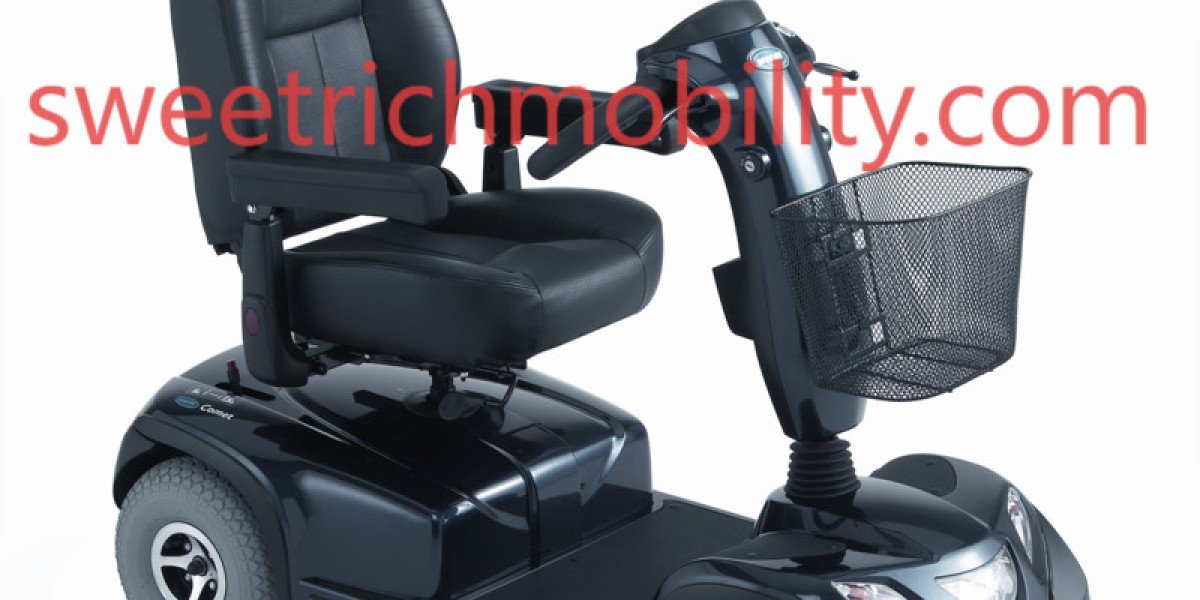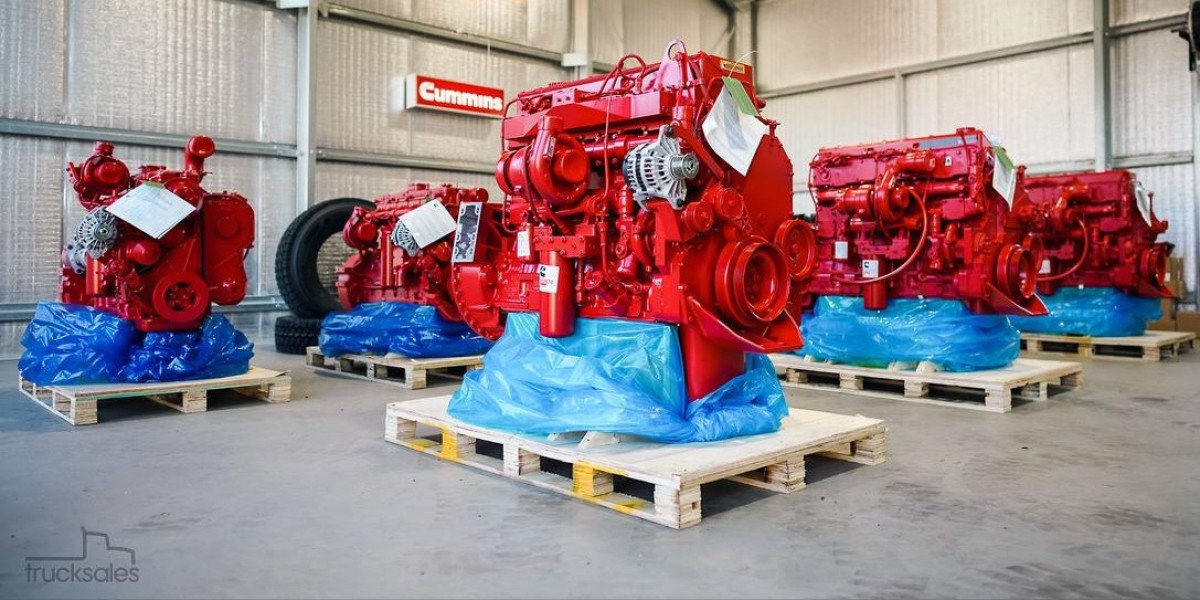Across cities and communities, intelligent commuting is no longer a concept of the future but a necessity for today. In this fast-paced environment, the Wholesale Mobility Scooter has emerged as a meaningful innovation, bridging accessibility and forward-thinking design with user-centric efficiency.
Modern personal transport now incorporates intelligent control systems that not only learn from user behavior but actively adapt to changing conditions. Scooters fitted with these advanced features provide enhanced response, improved maneuverability, and smoother acceleration. For users, this translates into effortless navigation through crowded spaces and varied terrain without requiring technical expertise.
Another layer of transformation lies in energy storage and usage. Battery systems now feature balanced power distribution that minimizes energy loss. Unlike outdated options, current designs focus on optimizing battery density while staying lightweight and safe. Charging methods are faster, cleaner, and integrated into modular frameworks that support plug-and-play adaptability.
Modular design plays a significant role in shaping the utility of personal vehicles. Components are no longer permanently fixed; instead, they are arranged in a way that supports replacements and customization. From storage compartments to adaptive controls, users can now tailor their scooters to specific needs—be it medical assistance, lifestyle integration, or shared use.
In response to changing consumer behaviors, shared mobility solutions are becoming more relevant. Smart scooters that operate in managed fleets allow individuals to benefit from short-term, on-demand access without ownership. These systems depend heavily on real-time diagnostics and automated service management, both supported by intelligent frameworks embedded within the scooter infrastructure.
A growing demand for cost-effective mobility solutions is driving companies to refine manufacturing strategies. Instead of bulky production lines, smaller, more agile setups allow for quicker iteration and scalable delivery. Products manufactured in this way are more adaptable to shifting regulatory and market needs, making them accessible across regions.
The user experience is also deeply influenced by aesthetics and practicality. Scooters are now designed to complement daily routines—from folding systems for easier storage to quiet motors that blend into residential surroundings. This integration makes them suitable for all age groups, particularly individuals seeking comfort without compromise.
Digital connectivity furthers the potential of these vehicles. Applications that enable route planning, remote diagnostics, and maintenance tracking provide added assurance to users and operators alike. These innovations foster confidence in technology-assisted travel and encourage more people to consider alternative transportation.
From a broader perspective, the shift toward sustainable and intelligent movement aligns with urban planning objectives. Mobility scooters reduce environmental pressure while opening access to people who might otherwise face barriers to independent travel. Their appeal crosses generational and social boundaries, making them essential components of a more connected world.Sweetrich’s dedication to combining user-first thinking with manufacturing excellence continues to shape the development of scooters that truly serve the modern consumer. To explore current options and learn more, visit sweetrichmobility.com/product .







